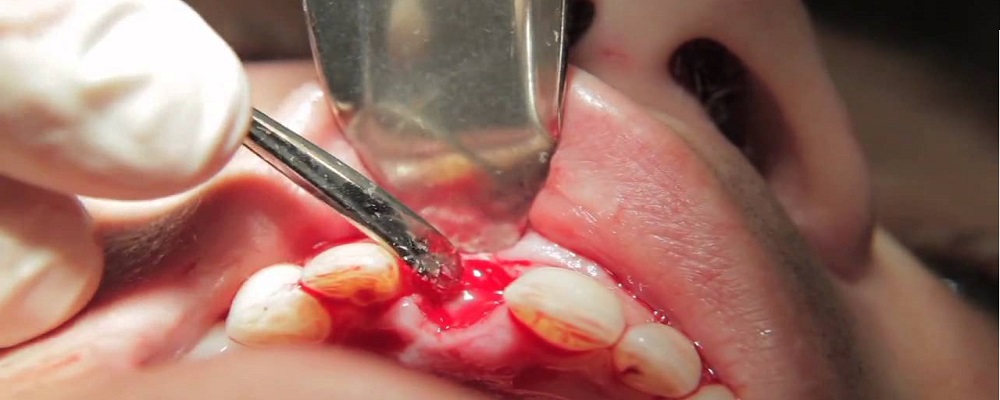
A dental extraction (wisdom tooth extraction) is the removal of teeth from the dental alveolus (socket) in the alveolar bone. Extractions are performed for a wide variety of reasons, but most commonly to remove teeth which have become unrestorable through tooth decay, periodontal disease or dental trauma, especially when they are associated with toothache. Sometimes wisdom teeth are impacted (stuck and unable to grow normally into the mouth) and may cause recurrent infections of the gum (pericoronitis). In orthodontics if the teeth are crowded, sound teeth may be extracted (often bicuspids) to create space so the rest of the teeth can be straightened.
WHY AND WHEN ARE DENTAL EXTRACTION REQUIRED?
. If a tooth has been broken or damaged by decay, your dentist will try to fix it with a filling, crown or other treatment. Sometimes, though, there's too much damage for the tooth to be repaired. ... Infected teeth may need to be extracted.
WHAT IS A DENTAL EXTRACTION ?
In simple terms, root canal treatment is the removal of the infected soft tissue within the tooth and its replacement by an artificial inert 'filling' material. This procedure basically saves the tooth and eliminates dental pain.
WHY DENTAL EXTRACTION ?
Generally completed in a single sitting of 30 minutes. If required, upto 6 root canals can be performed in a single sitting.
Performed by experienced endodontists who exclusively practice root canals. (endodontists are dentists who further specialize in the root canal treatment).
Performed under total isolation of the tooth using the rubber dam technique.










Choose color style